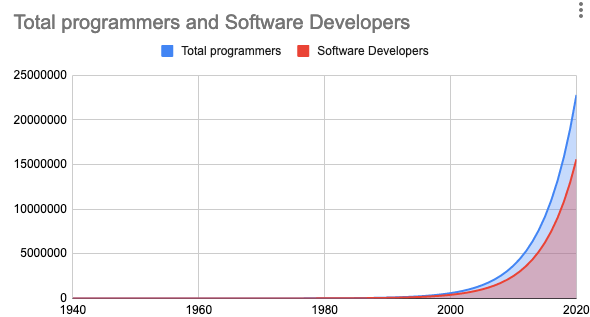Refactor the Agile Manifesto!
Kill yr idols! by Sonic Youth I enthusiastically cheer to the spirit of agile software development! Though I do have a problem with the agile manifesto . The lines made a stand at that point of time. A stand to claim ownership of software development as the craft of software developers. Sadly the stance is weakened by the discussion that is implicit to the juxtaposition in each line. It can be a resounding message of what agile software development stands for. So why not refactor it? We refactor, rework text and code all the time. So here an unashamed refactor of the manifesto: To develop software with agility: Individuals and their interactions develop software. Their main focus is to develop working software. Responding to change is part of developing working software. The customer’s cooperation is necessary to develop working software. These are the guiding principles of agile software development. Unclear? Suggestions? Refactor needed? Let me kn...

